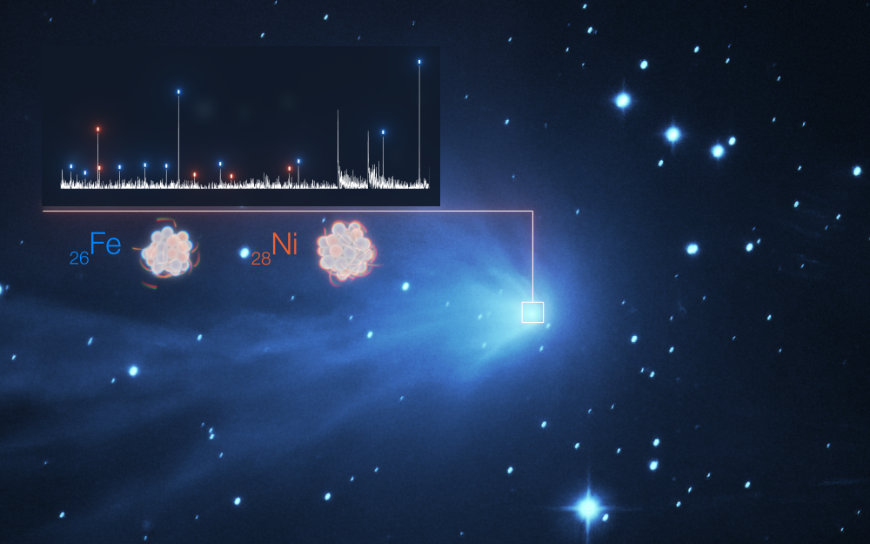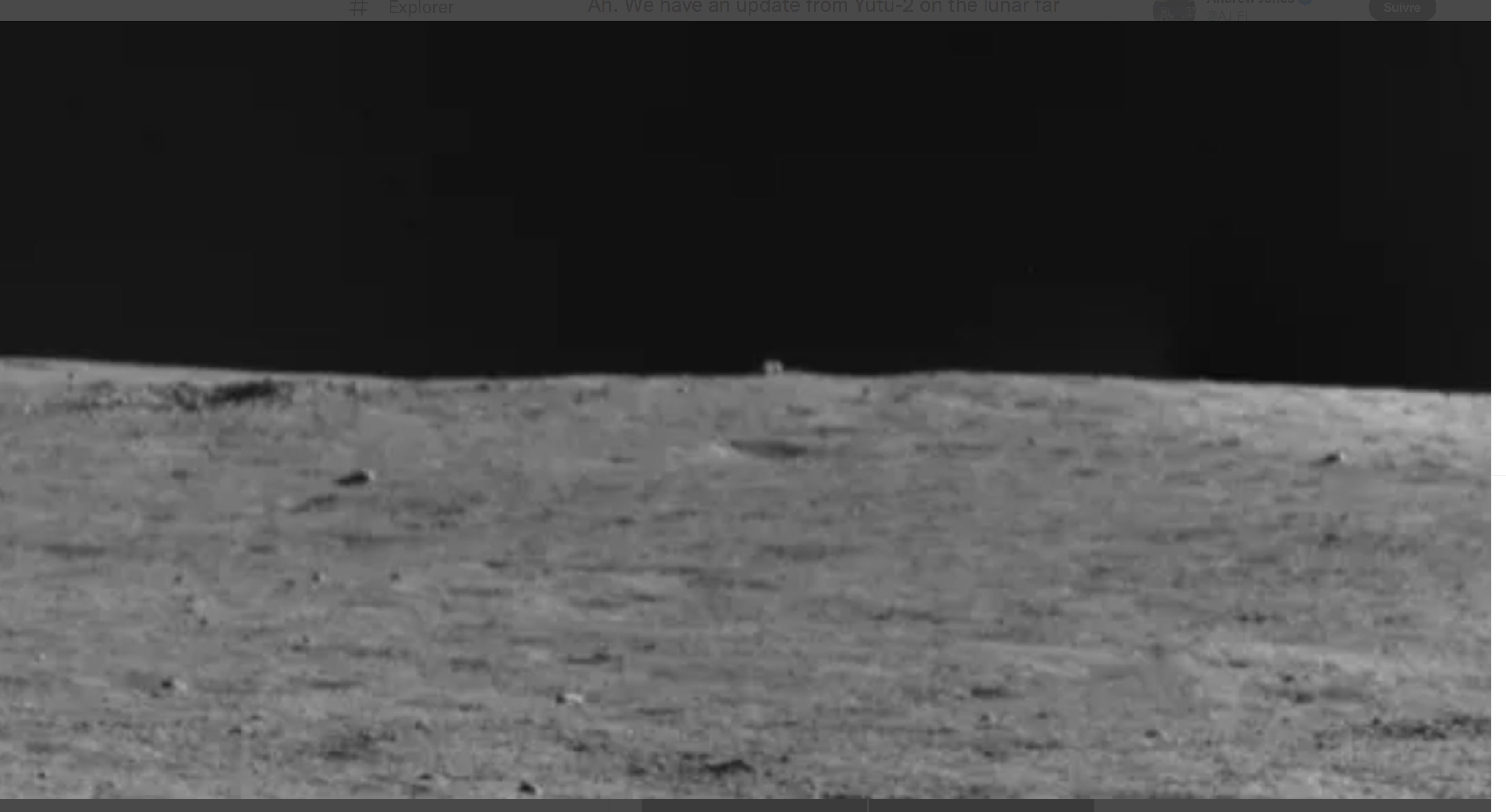Nickel and iron in comet atmospheres
When watching with Very large telescope At the European Southern Observatory (ESO), researchers surprisingly found nickel and iron in the atmospheres of several comets. So far, traces of these elements have only been observed in tail stars very close to the Sun. Nickel is also found in the interstellar comet 2I / Borisov.
|
Iron and nickel have been detected in the atmosphere of many comets such as C / 2016 R2 (PANSTARRS). picture: ESO / L. Calada, SPECULOOS Team / E. Jehin, Manfroid et al. [Groansicht] |
“It was a big surprise for us to be able to detect iron and nickel atoms in the atmosphere of all the 20 or so comets that we have observed in the past two decades,” said Jean Manfred from the University of Liège in Belgium. From the now presented study directed. These elements were found even in comets that were relatively far from the sun.
The researchers speculated that comets such as iron and nickel were present. But it should not be detectable in the thin atmospheres of comets over a great distance, because the lower temperatures there do not actually change to their gaseous state, i.e., sublimation. Now, however, nickel and iron fumes have also been found in comets that are three times away from the sun than Earth.
It was also interesting to discover that the comet’s atmosphere contained equal amounts of nickel and iron. This is exciting because meteorites usually contain ten times more iron than nickel. “Comets formed about 4.6 billion years ago, in the very small solar system, and have not changed since then. In this sense, they are similar to fossils of astronomy,” explains Emmanuel Gehen of the University of Liège.
The Belgian team was with Very large telescope The European Southern Observatory (ESO) (VLT) observed many comets for nearly twenty years, but traces of nickel and iron ignored their spectroscopic investigations for a long time: “This discovery was under the radar for many years,” Gehen said.
In their analysis of the data Ultraviolet and optical spectrometer
From the VLT they finally observed some unknown spectral lines, which upon closer examination turned out to be indicators of neutral nickel and iron atoms. However, their percentage is small: the team estimates that there is only 1 gram of iron and nickel for every 100 kilograms of water in the comet’s atmosphere.
“Normally there is ten times more iron than nickel,” confirms Damien Hotsmaker of the University of Lttich. “We found that it could have come from a special type of material on the surface of the comet’s core that sublimates at a fairly low temperature, and releases iron and nickel in roughly equal proportions.”
The team can’t yet determine what material it might be on, but it hopes to conduct future investigations, including brand new telescopes like telescopes. An extremely large telescope. Additionally, evidence of iron and nickel can also be found in ancient monitoring data. “Now people will look for these lines in their archive data from other telescopes,” said Jihen. “We think this will also start new work on this topic.”
Obviously, the heavier elements aren’t just found around “native” comets: a Polish research team has successfully detected traces of gaseous nickel as well in the interstellar comet 2I / Borisov. This was with Very large telescope It was investigated when it was about 300 million kilometers from the sun, about twice the distance between the Earth and the sun. “At first we found it difficult to believe that 2I / Borisov could actually have atomic nickel far from the sun. It took many tests and checks before we could finally convince ourselves,” recalls Piotr Guzik of Jagiellonian University in Krakow, Poland.
The two teams report on their findings in two specialist articles now in the journal nature Appeared.
|
|
|
|
|
|
|
Manfroid, J., Hutsemkers, D. & Jehin, E. (2021): Iron and nickel atoms in comet atmospheres even far from the sun, Nature, 593, 372 (kein freie Version verfgbar) |

“Unapologetic pop culture trailblazer. Freelance troublemaker. Food guru. Alcohol fanatic. Gamer. Explorer. Thinker.”





